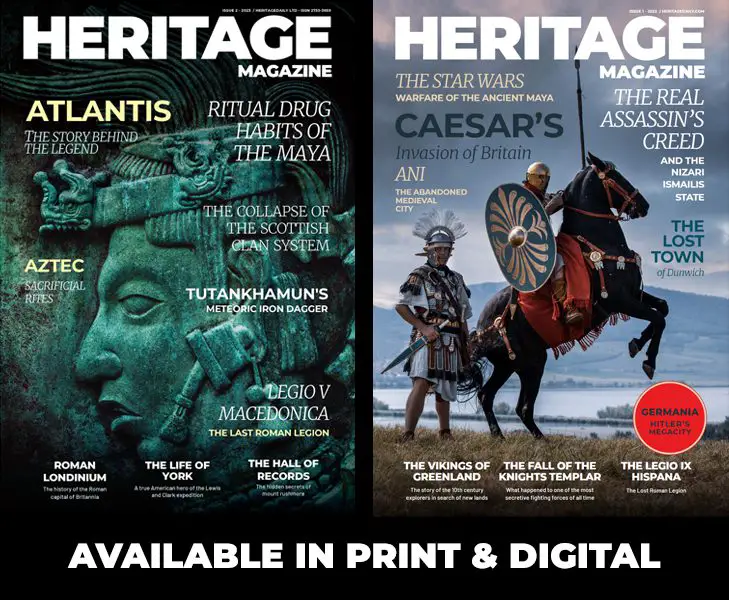Archaeologists conducting excavations at the prehistoric settlement of Son Catlar, on the Spanish Balearic Island of Menorca have discovered a deposit of Roman military equipment and weapons, complete with surgical tools.
Occupation at Son Catlar dates from around 2000/1200 BC, and continued until the late Roman period. The site is the only Talayot settlement in Menorca that has a closed, preserved Cyclopean wall, measuring 870 metres in length, and enclosing a 2.4-acre stone settlement.
These types of structures became an architectural feature of many Punic sites, also functioning as a defensive wall during the Roman conquest of Menorca.
Excavations were conducted by the Institute for Research in Archaeology and Historical Heritage (INAPH) at the University of Alicante, who resumed their firth season of studies around the so-called elbow gate area, after a one year pause due to COVID.

The team discovered a deposit of Roman military materials dating from around 100 BC, that includes: projectiles, arrowheads, knives, surgical tools, and a bronze spatula.
To the Romans, a doorway or gateway which leads into a city could have sacred connotations, and were sometimes associated with Janus, the god of beginnings, gates, transitions, time, duality, doorways, passages, frames, and endings.
Project director Fernando Prados said: “Roman soldiers were very superstitious and used to perform rites. The Romans gave a sacred value to the gates of the cities, and to seal one definitively would entail certain actions of a magical nature ” such as the depositing of high value equipment.
Header Image Credit : Sa monea – CC BY-SA 3.0







